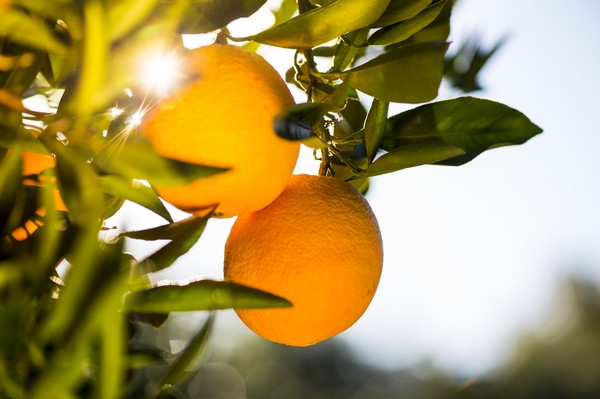Since its outbreak early last year, the global market for imported fruit has suffered the negative consequences of the COVID-19 pandemic.
Extended customs clearance procedures are equally slowing down the processing speed in ports, and the progression of the pandemic can lead to sudden changes in trade policy and other unforeseen control measures.
These unpredictable factors greatly increase trade risks and add to the cost price of operations. At the same time, all of these developments cause great uncertainty in the future of international fruit trade.
A growing number of fruit varieties from various countries has received permission for export to the Chinese market in the last few years.
At the same time, Chinese domestic fruit has seen impressive advancements in terms of product quality, as well as product variety and innovative plantation technology, or packaging methods and other innovative developments.
The level of domestic fruit is slowly catching up with imported fruit.
“The pandemic changed many development patterns in many industries, including the import fruit industry. The trade in import fruit already faced many difficulties in the last few years, and the pandemic only exacerbated the situation.
”Take imported fruit from the USA as an example, the Red Delicious apple from the USA was quite popular a few years ago but has since virtually disappeared from the Chinese market.
”Californian cherries are facing the same situation right now. This cherry is expected to disappear from the Chinese market in a few years.” This is according to Mao Guangju of Shanghai OK Fruit International Trade Co., Ltd.
He further explains, ”imported oranges struggle in the Chinese market because the production season of domestic citrus fruit is growing longer, especially for Ori mandarins and Maogu tangerines.
”That is why the Egyptian oranges risk being squeezed out of the Chinese market. In addition, if domestic summer oranges are widely promoted and the surface area devoted to the plantation of this variety expands, then that will weaken the position of South African oranges in the Chinese market.
”Looking at the current market situation, Spanish oranges, as well as tangerines from Israel and Egypt, have almost disappeared from the Chinese market. The Peruvian orange still maintains its market share because their supply season begins earlier than the supply season of domestic oranges.”
China primarily imports grapes from Chile, Peru, and Australia. While Chilean grapes enter the Chinese market close to domestic grapes, the Peruvian supply season overlaps with the Chinese supply season.
Australia is in a more advantageous position. As for product quality, Peru and Chile still need to expand and improve their product varieties as the product quality is not always stable.
According to Mao, a growing number of import fruit varieties will be squeezed out of the Chinese market in the future. Patterns in the imported fruit market are changing.



